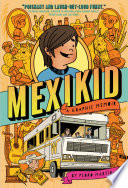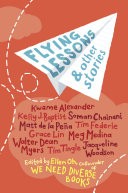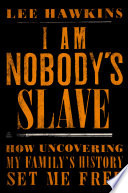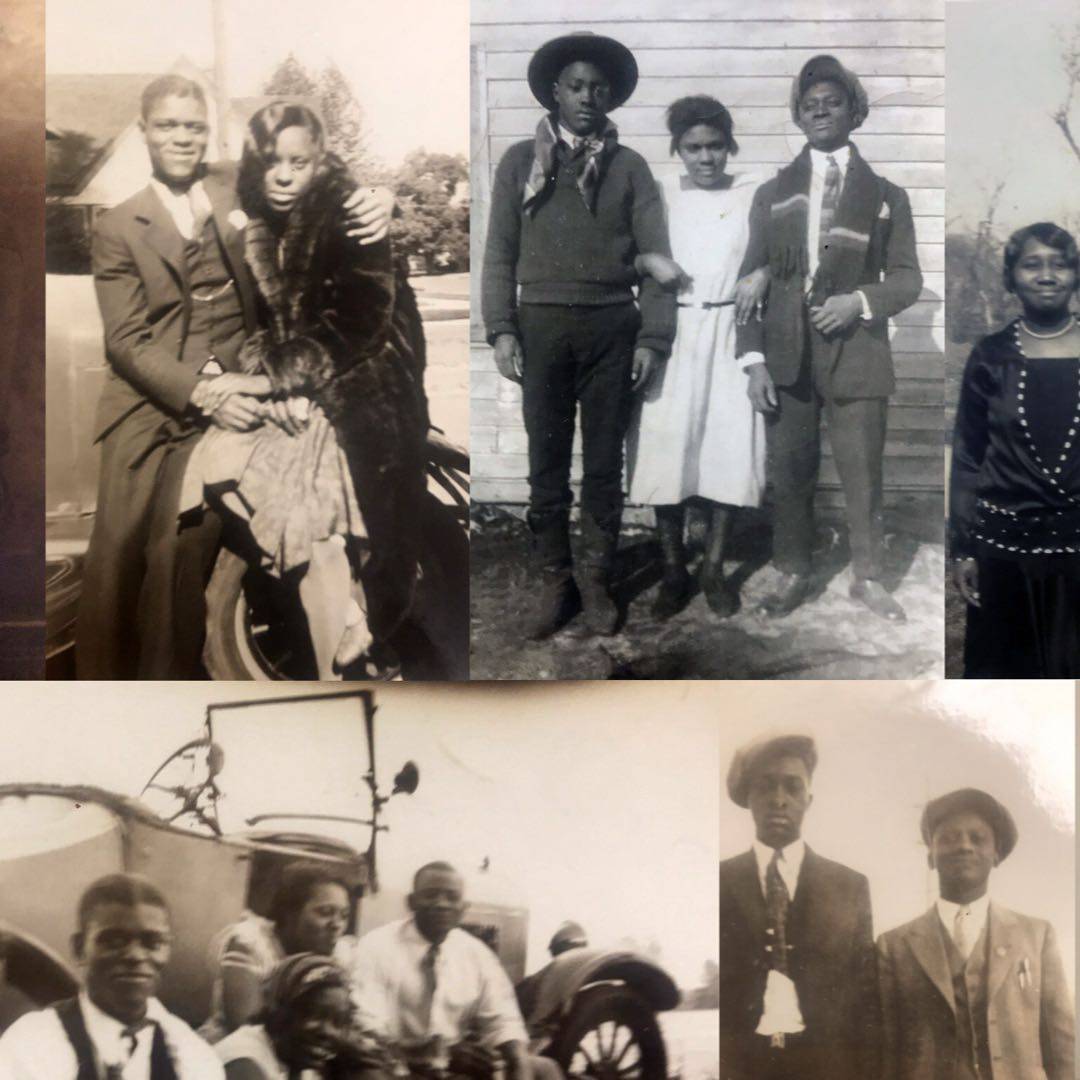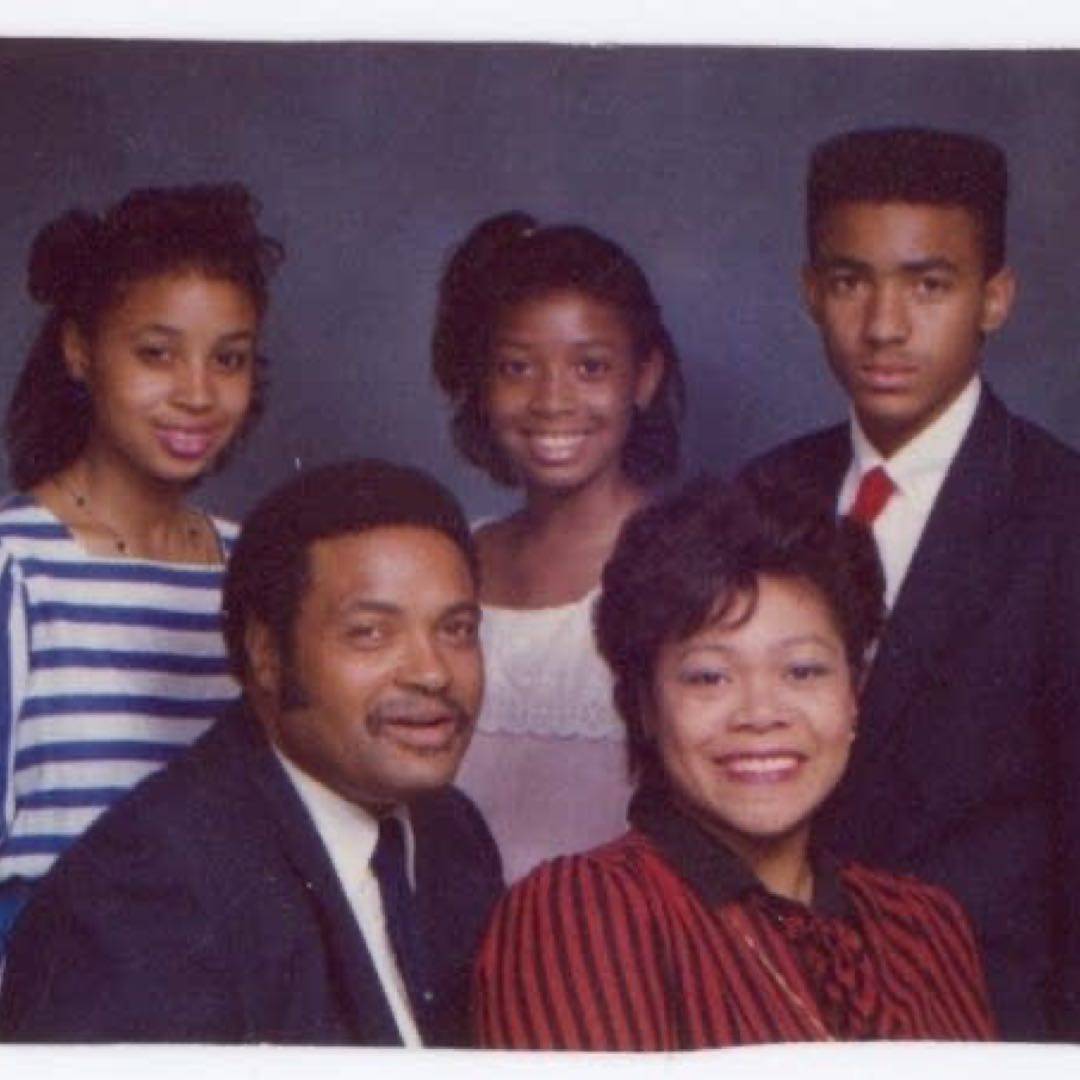
This book moved me in ways I didn‘t expect and brought up a lot of my own trauma to the surface. It is one of the best books I‘ve ever read, and so important to read. The author describes heavy domestic violence and multiple levels of abuse that occurred when he was growing up. Only after digging deep into his family‘s history could he find the reason why it occurred and what had to be done to finally break the cycle.






